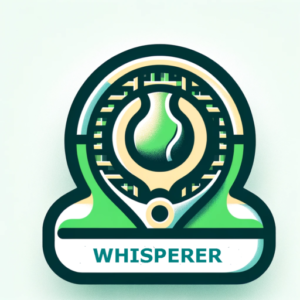Rethinking Tennis Coaching
Breaking Free from the Old Mold
In The Psychologist magazine, a seasoned practitioner gave this bold advice to newcomers:
“Think outside the box and question everything.”
Tennis has embraced science in racquet tech, nutrition, and recovery.
But when it comes to coaching? Innovation still lags.
Challenging the Stroke-Centric Orthodoxy
Traditional tennis coaching clings to a familiar formula:
-
Emphasize groundstroke repetition
-
Celebrate power-hitters
-
Obsessively tweak technique
The result? Players are trained to look good — not think well.
As Coach Tim puts it: “The scoreboard rewards smart decisions — not just talent.”
This obsession with form over function leads to burnout, frustration, and early exits from the game.
Too often, players blame losses on technique — “My serve let me down” — rather than recognizing deeper tactical or psychological flaws.
The Real Science of Winning
Tennis has evolved. Our understanding of biomechanics, equipment, and recovery has exploded.
But the core coaching model? Often frozen in time.
We’ve focused on mimicry, not mastery. Replication, not real individualization.
Meanwhile, the real determinants of success are:
-
Smart decision-making
-
Tactical adaptability
-
Mental resilience under pressure
Strategic Thinking: The New Standard
Technique can be rehearsed. But strategy is a living skill—fluid and adaptive.
Modern coaching should emphasize:
-
Pattern recognition and disruption
(e.g., wrong-footing, rhythm breaks) -
Eye discipline and off-ball movement
(especially vital in doubles) -
Cognitive endurance
(built through match-like, high-pressure routines)
Adaptive Coaching: Build Systems, Not Just Skills
As James Clear writes in Atomic Habits:
“You do not rise to the level of your goals. You fall to the level of your systems.”
Great coaching doesn’t just build skills. It builds systems for growth, performance, and resilience.
That means:
-
Designing training around each player’s natural game style
-
Matching physical work to their age, agility, and athletic identity
-
Prioritizing movement quality and footwork as the true foundation of stroke mechanics
Great coaching inspires growth — not just in skill, but in character and capacity.
Wrap-Up: Coaching as Craft, Not Religion
Tennis coaching must be like good science: Curious. Adaptive. Outcome-driven.
Let’s move beyond the religion of “look like a pro” and start cultivating players who:
-
Think smart
-
Move with purpose
-
Compete with clarity
The next evolution? Teaching tennis as a dynamic, strategic game — built on habits, movement, and mental precision.



